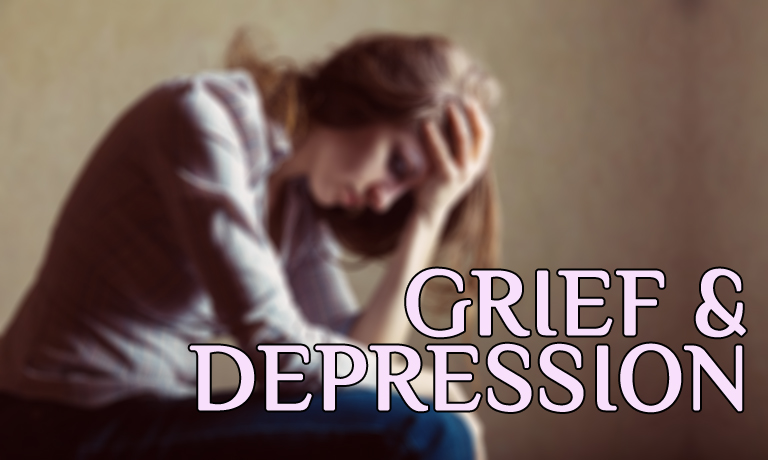
DSM-IV Criteria for Major Depressive Episode
Basic Criteria
5 (or more) of the following symptoms must have been present during the same two-week period and represent a change from previous functioning ; at least one of the symptoms is either (1) “depressed mood” or (2) “loss of interest or pleasure” (do not include symptoms that are clearly due to a general medical condition, or mood-incongruent delusions or hallucinations):
(1) Depressed mood most of the day, nearly every day, as indicated by either subjective report (e.g., feels sad or empty) or observation made by others (e.g., appears tearful).
(2) Markedly diminished interest or pleasure in all or almost all activities most of the day, nearly every day (as indicated either by subjective account or observation by others).
(3) Significant weight loss when not dieting or weight gain (e.g., a change of more than 5% body weight a month), decrease in appetite or increase in appetite, nearly every day.
(4) Insomnia or hypersomnia nearly every day.
(5) Psychomotor agitation or retardation, nearly every day (observable by others, not merely subjective feelings of restlessness or being slowed down).
(6) Fatigue or loss of energy nearly every day.
(7) Feelings of worthlessness or excessive or inappropriate guilt (which may be delusional) nearly every day (not merely self-reproach or guilt about being sick).
(8) Diminished ability to think or concentrate or indecisiveness, nearly every day (either by subjective account or as observed by others).
(9) Recurrent thoughts of death (not just fear of dying), recurrent suicidal ideation without a specific plan or a suicide attempt or specific plan for committing suicide.
All the following statements must be true.
- The symptoms cause clinically significant distress or impairment in social, occupational, or other important areas of functioning.
- The symptoms are not due to the direct physiological effects of a substance (e.g., a drug of abuse, a medication) or a general medical condition (e.g., hypothyroidism).
- The symptoms are not better accounted for by bereavement (i.e. after the loss of a loved one); the symptoms persist for longer than 2 months or are characterized by marked functional impairment, morbid preoccupation with worthlessness, suicidal ideation, psychotic symptoms or psychomotor retardation.
